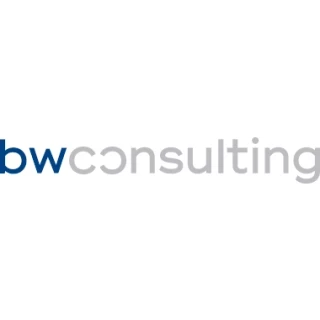Hey there ?,
The time needed to prepare for consulting case interviews really depends on where you're starting from and how familiar you are with structured problem-solving, business frameworks, and mental math.
1️⃣ General Timeline for Case Prep
✅ If you're a complete beginner → 3-4 months of consistent practice
✅ If you have some experience (e.g., business background, internships, case club experience) → 2-3 months
✅ If you’ve already done cases before & just need polishing → 4-6 weeks of intensive prep
Since you plan to apply next year, you have plenty of time to structure your prep efficiently without rushing.
2️⃣ How to Organize Your Prep?
? Step 1: Learn the Fundamentals (1-2 months)
- Get familiar with case structures, frameworks, and market sizing techniques.
- Practice mental math & business intuition.
- Start with basic profitability, market entry, and operations cases.
? Step 2: Practice Live Cases (2-3 months)
- Do 30-50 cases with partners (either case study groups or online platforms).
- Focus on weak areas (e.g., structuring, brainstorming, data interpretation).
- Improve chart reading & quantitative analysis.
? Step 3: Personal Fit & Behavioral Questions (1 month, alongside case prep)
- Prepare strong PEI stories (McKinsey) or behavioral answers (BCG/Bain).
- Align your answers with leadership, impact, and problem-solving skills.
? Step 4: Company-Specific Prep (Last 4-6 weeks before applications)
- Research the specific consulting firm’s case style.
- Focus on industries or topics they specialize in.
- Adjust your personal fit answers to match their culture & values.
3️⃣ Final Advice & Support
If you’re unsure where to start, I’d be happy to help you structure your preparation plan, refine your case-solving approach, and guide you on personal fit answers tailored to your target firms.
Let me know if you need 1:1 support or coaching—I can help you navigate this process efficiently so that you’re fully prepared when applications open! ?
Best, Alessa ?

















